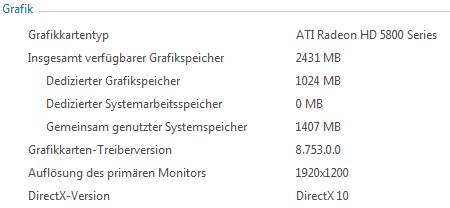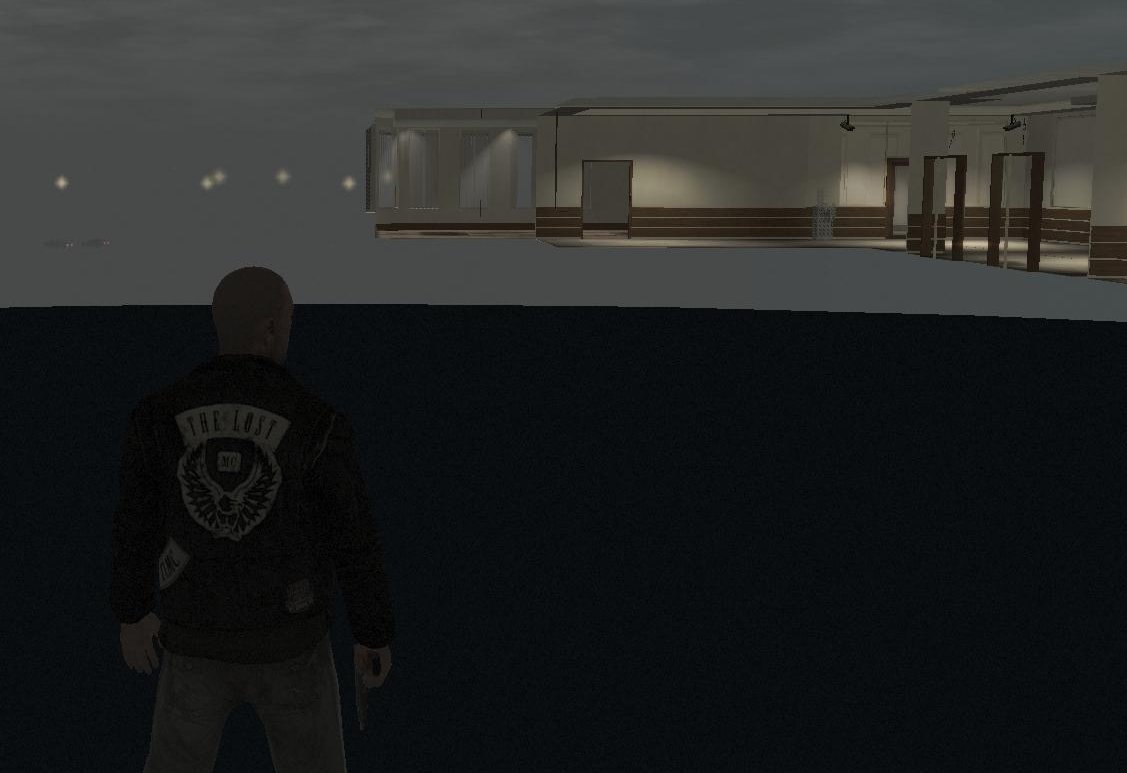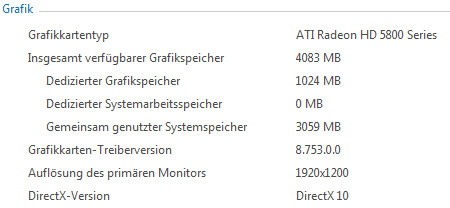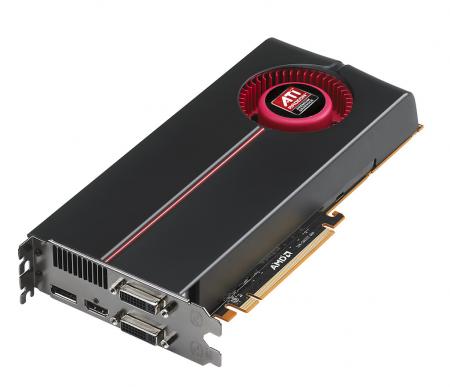Memory Upgrade: Is It Time To Add More RAM?
The price of memory upgrades is at an all-time low. And more memory is always better, right? We decided to analyze whether or not now could be the time for a fat memory upgrade. As it turns out, there are arguments for and against backing up the truck.
64-Bit: Memory-Hungry Graphics Cards?
Graphics cards and memory
This part of the article treats all programs equally, including the 32-bit programs that run in a 64-bit environment. We'll start with a look into the graphics card’s use of dedicated and allocateable system memory. For example, 1 GB of dedicated video RAM can look plentiful at first glance, but in practice it's rarely enough. We've mentioned GMP, GART, and the fact that graphics cards can require or request additional memory. From now on, we'll use a 64-bit version of Windows 7 for testing and begin with only 4 GB of RAM installed.
The graphics card manages to assign itself an additional 1407 MB of system memory to outsource, for example, the storage of currently unused textures. A total of just 4 GB of installed RAM hardly makes sense if the game is already using 2 GB or more. The consequences of reduced assignment are late details that pop up out of the blue, lower texture resolutions, and even artifacts.
These artifacts vanish when you install another 4 GB of RAM, since this allows the graphics card to grab a fat piece of the system memory pie.
An additional 3059 MB of memory is now at the card's disposal.
Interestingly, when installing more memory, this value does not change above 4 GB. The amount of extra available memory can be very hard to measure and quantify in numbers of frames per second, mainly because it leads to improved level loading speeds, higher detail levels, and better-quality textures. Often, the game you're playing will allow for higher graphical options, and there will be fewer artifacts when the system is heavily loaded.
Summary and Conclusion
Get Tom's Hardware's best news and in-depth reviews, straight to your inbox.
In a 64-bit system with a powerful graphics card, 8 GB of RAM really is a must if you're going to play demanding games. This is the case regardless of whether you're using 32-bit or 64-bit applications. However, even more than 8 GB of RAM can be subjectively noticed while playing. There is no real need for 16 GB of RAM, though. Going with 8 GB is quite enough unless you're running some taxing application in the background. We’ll comment more on this subject later, because the problem is often overestimated, as shown in our 64-bit gaming benchmarks.
Current page: 64-Bit: Memory-Hungry Graphics Cards?
Prev Page Benchmark Results: 32-Bit Next Page 64-Bit: Swap File
Igor Wallossek wrote a wide variety of hardware articles for Tom's Hardware, with a strong focus on technical analysis and in-depth reviews. His contributions have spanned a broad spectrum of PC components, including GPUs, CPUs, workstations, and PC builds. His insightful articles provide readers with detailed knowledge to make informed decisions in the ever-evolving tech landscape
-
doyletdude Hmmm... i'm concerned because i use triple channel so i'm currently at 6gb, which is under recommendation however to upgrade to 12gb might be to much, especially since i've heard that using more RAM slots negativley affects overclocking stability.Reply -
hmp_goose I, too, run an X58 chipset, with Win7-64, and don't know what this article is telling me . . .Reply -
holygigi Finally a good read on Tom's, not a news about a rumor that a fruit company might provide a tease about something shiny.Reply
I use 8GB for about 2 years now, the best thing about it (and I didnt find this covered in the article) is that alt+tab-ing out from a game to windows and back to the game is almost instant. Even the hungriest game uses about 3-3.5 GB. Windows again about 2.5. So you always have 2GB free. Even though I dont have a SSD yet, after the initial slower start of an app (browser, anything), going back to it is instant. For me this is the real benefit of having more ram. The marginal (if any) FPS increase is not the main selling point. Multi-tasking is. -
takeapieandrun Personally, I would say 6GB is nice balance between capacity and cost. 4GB of RAM can become limited at times, but IMO 8GB is a little too much.Reply -
dogman_1234 Nice article. I finally learned something i can be able to use later in my computing life.Reply
My questions are as followed:
1) I am aware SSD's are a applied RAM set. So how can one use your system RAM to store files after shutdown as well.
2) How can one add more memory to the GPU? I can see a noticeable jump in GPU RAM, or GMP as they put it. -
coffee_man i use triple channel but i only got 3 gb of ram, is better to add more ram or buy an ssd ?Reply -
Niva Come on guys, the article and recommendation are pretty straight forward. They're recommending a minimum of 8 Gb and if you have less you might want to consider upgrading.Reply
That being said, if all you do is interwebs and some gaming you should be careful where you spend your money. Big ram is for programs that use a lot of ram, if you're doing heavy 3d modeling/animation, large photoshop files now that CS5 actually has 64 bit products it's justified. For games it's a crapshoot.
I say stay with 6 Gb unless you see your ram usage over 50% regualrly. -
quizzical So basically, the conclusion is that slow hard drives are slow, which really doesn't say anything about system memory. What happens if you try running the programs off of a good SSD? Having an SSD in your system, but not putting any programs or even the swap file on it seems like a rather strange configuration.Reply




